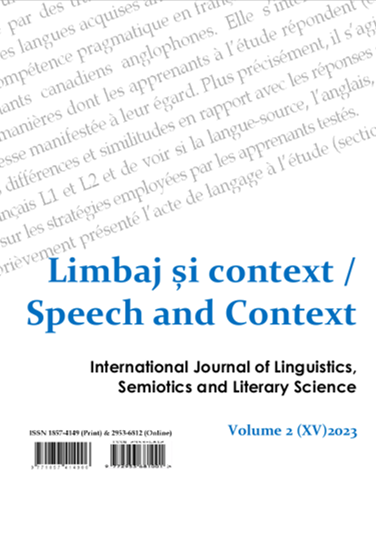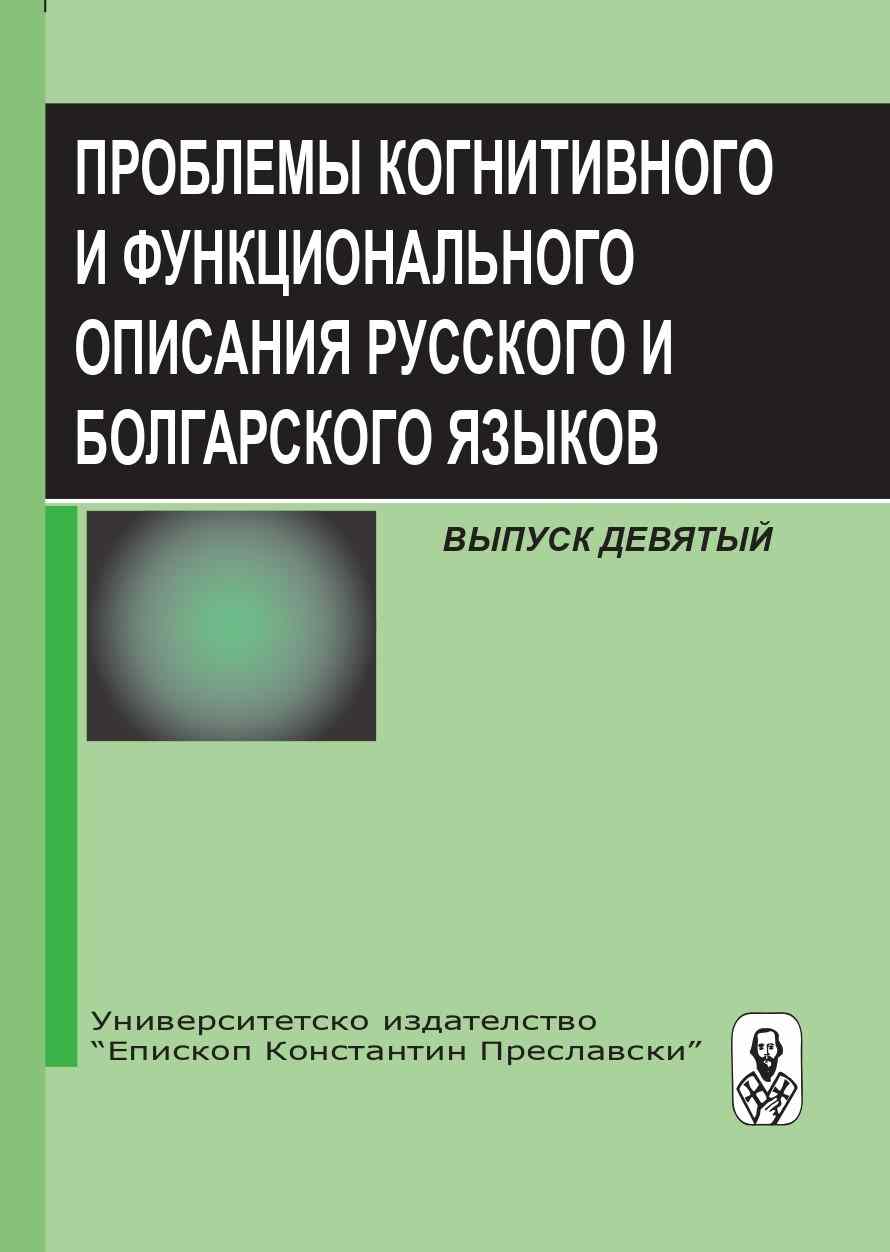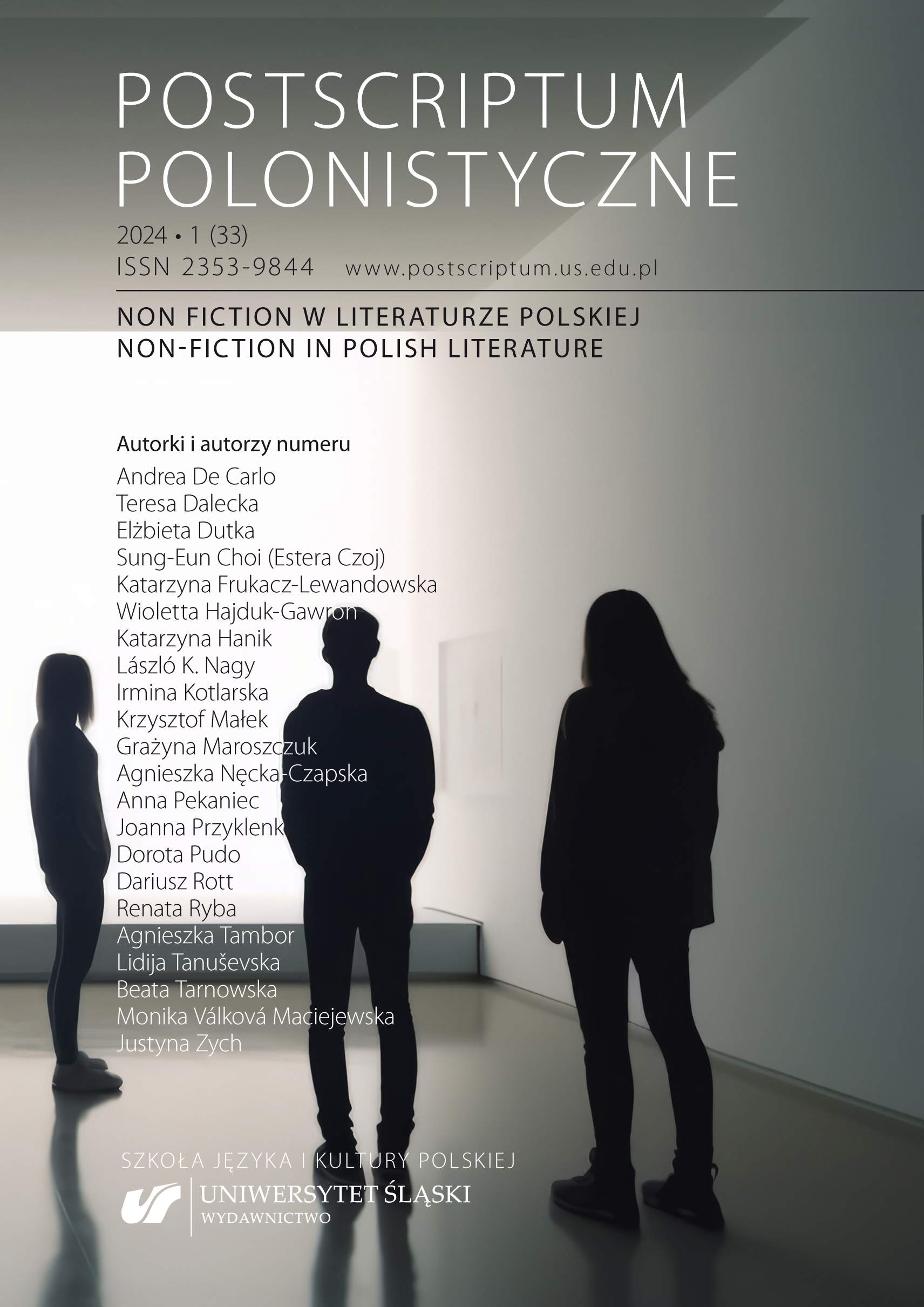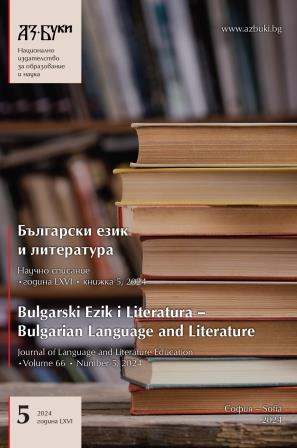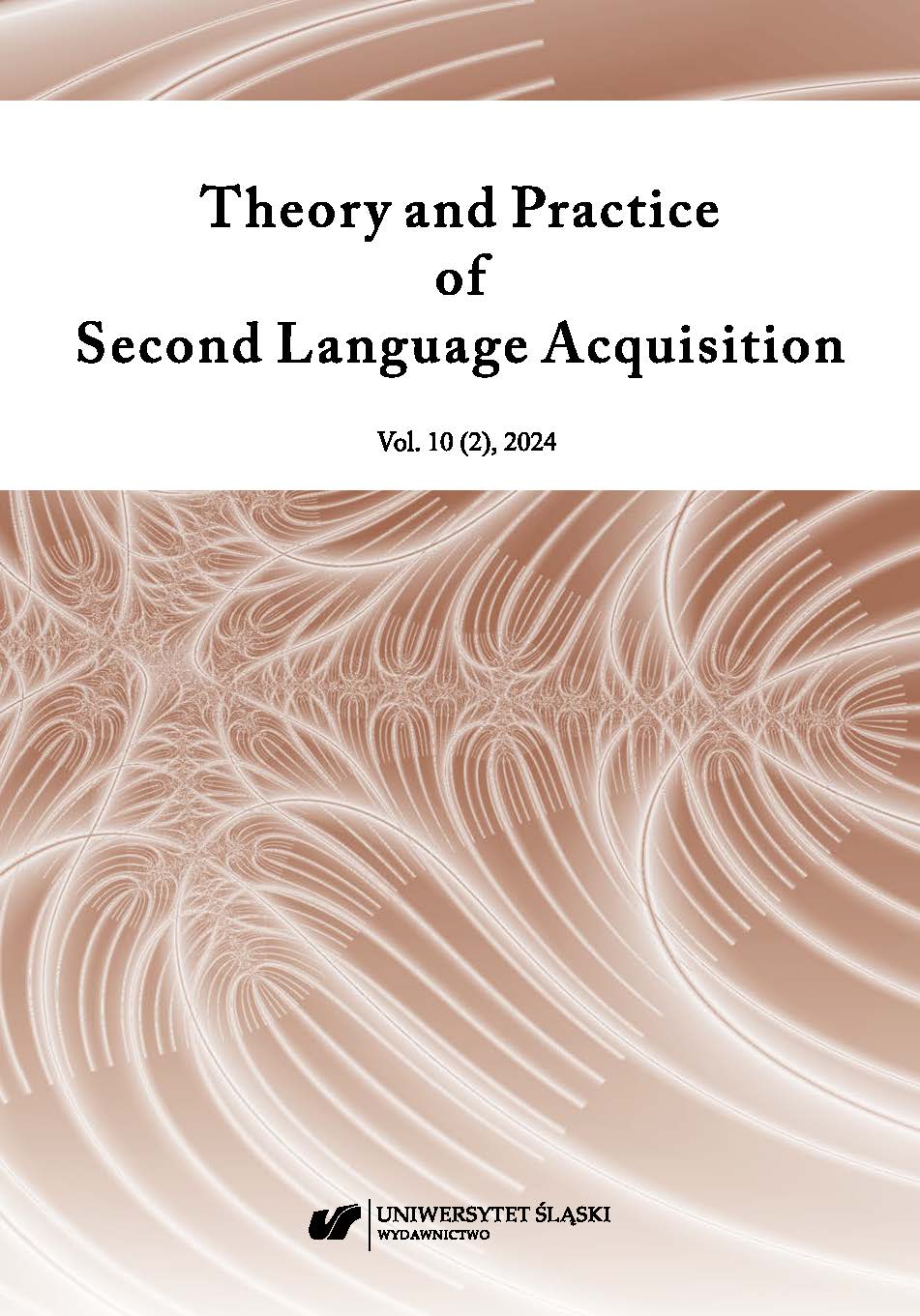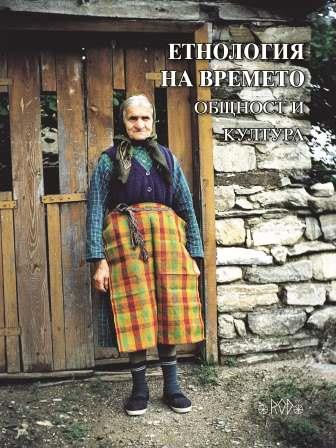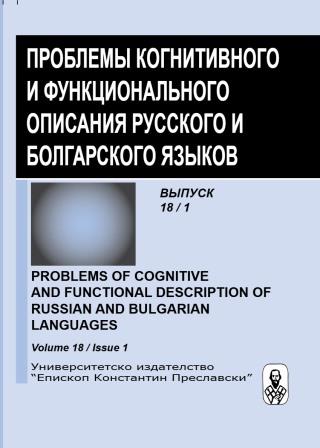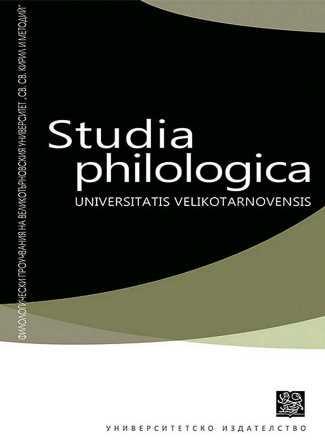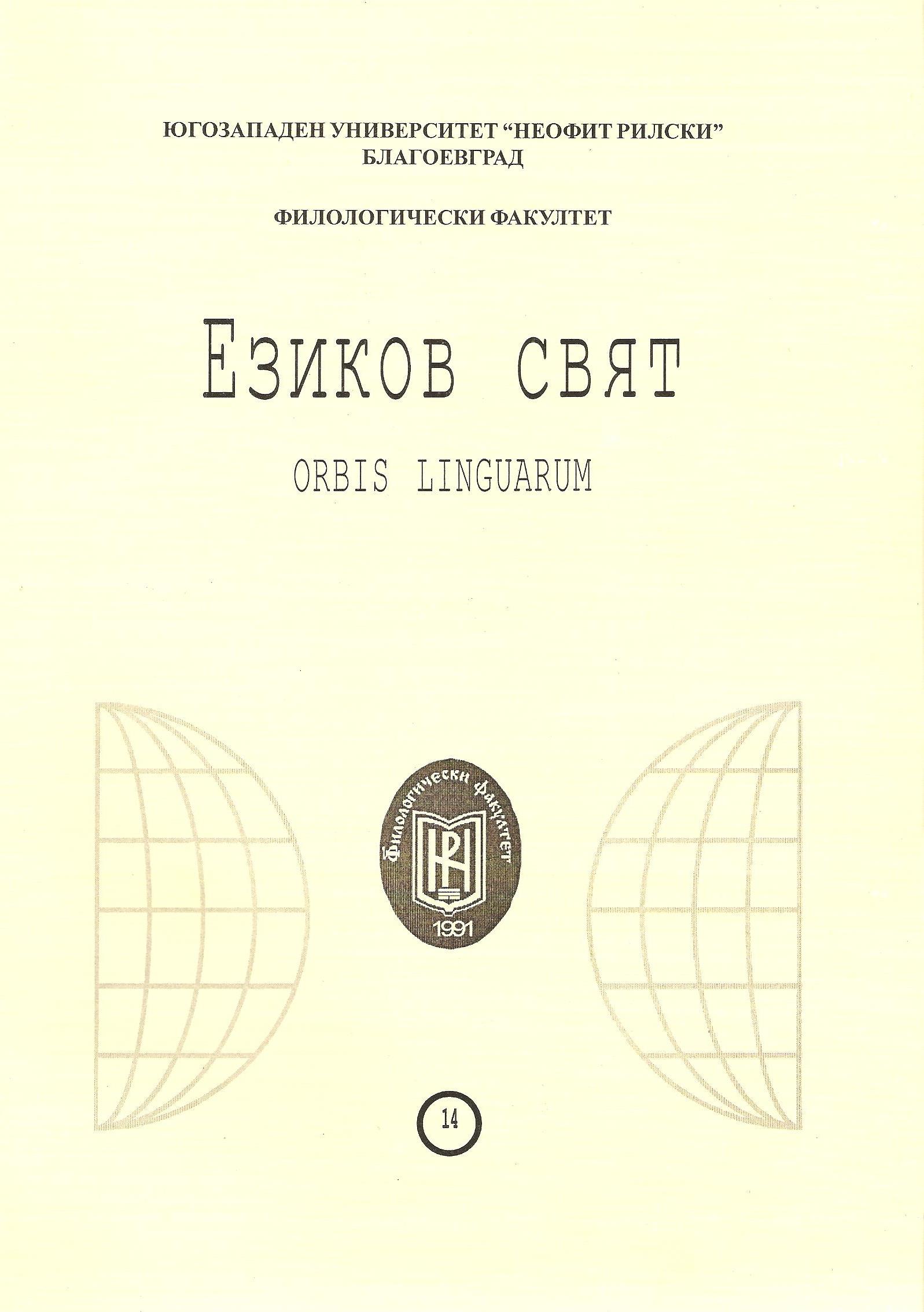
THE DICHOTOMY IMPLICIT / EXPLICIT LEARNING AND KNOWLEDGE IN THE CONTEXT OF SECOND LANGUAGE LEARNING
The article looks into the dichotomy implicit/explicit learning and knowledge in the context of learning English as a second or foreign language, strongly influenced by the findings of experimental and cognitive psychology studies. The dichotomy originated in cognitive psychology, which differentiates between implicit and explicit learning and treats them as distinct processes, related to separate memory systems. Human beings do certain things, such as walking or making simple utterances in their mother tongue, with little insight into the nature of the processes involved, i.e. they are learned implicitly, just like birds learn to fly. Other abilities, such as calculating, playing chess or using a computer, depend on knowing how to do them, i.e. they are learned explicitly. Both cognitive psychology and language learning studies have been trying to work out what aspects of L2 can be learned implicitly and what mechanisms of explicit learning are available to learners. Second Language Acquisition (SLA) researchers, in their turn, have focused on the identification of the processes involved in the two types of learning, the ways in which they could be manipulated through instruction, and the type of knowledge resulting from these processes. The article also reviews how the dichotomy has been treated and interpreted by various fields of study, in an attempt to clarify its meaning and application to research in second language acquisition.
More...
